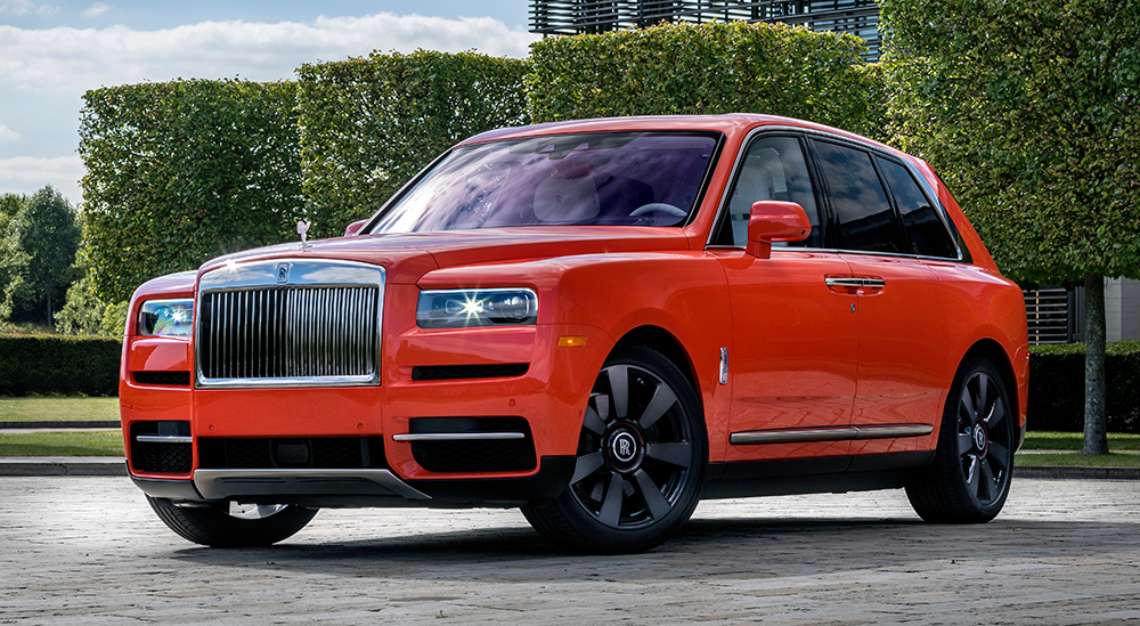A greater mix of digital sales and product presentation formats are on the cards, according to managing director Markus Schuster.
It might not seem like it, given the current state of affairs, but Audi Singapore, and by extension, its managing director Markus Schuster, has been keeping busy. The state of affairs we’re talking about is how its monolith of a showroom along the Alexandra Road automotive belt has been shut for a couple of months now, and more importantly, COE bidding has been suspended, which means no new cars have hit the roads since early April.
Still, the show must go on. And despite not being able to sell any of its cars, or present them to its customers and the press in more ‘traditional’ formats (that is, glitzy physical launches), Audi isn’t slowing down.
Schuster sees this as an opportunity for Audi (and carmakers in general) to reinvent itself and try out new ways of doing things. During these few months, Audi has launched a new online showroom, a digital storefront on Lazada selling branded merchandise and has held an online press get-together outlining its plans for the months ahead.
It doesn’t stop there, as Schuster has also been keeping busy during this Circuit Breaker period by reinventing himself, in a sense. While he hasn’t been able to play golf in the past couple of months, he’s rediscovered his love for cycling and recently taken up piano lessons. Schuster has been coping well then, though he did reveal he’s looking back to going back to the office…
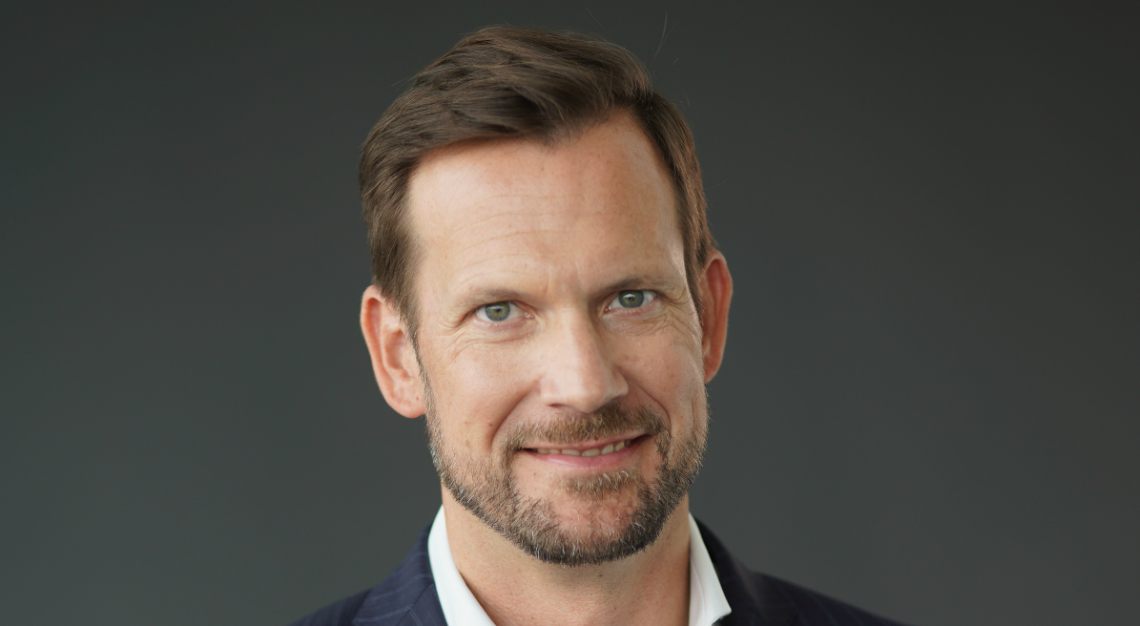
How has working from home been for you?
You learn to adapt to the situation. But I’m really looking forward to going back to the office and seeing people again. But this whole situation now in the circuit breaker, it has its pros and cons. This is the first time I’ve been working from home for such a long period. In my personal experience, it’s really important to have a clear plan on what you want to do during the day and what you want to accomplish.
It has its positive sides, because you’re more flexible and you can switch between work and going for a run in a second. But on the other hand, you don’t have the luxury of separating your work and private life, or have the luxury of driving home and decoupling from work. One thing I learned is it’s really important at least for me to get out of the house at least once a day to clear your mind, in order to work effectively.
What has Audi been up to during the Circuit Breaker period?
The workload hasn’t decreased in the last few weeks. Sometimes, it’s been even more, because we’ve been launching all these new online activities, and there’s a lot of organisational challenges we have to deal with, in light of the COVID-19 situation.
What online activities, specifically?
A very positive result of the Circuit Breaker is all these online activities and new [customer engagement] formats that have been developed in a super short time. And our customers have really embraced these new online sales channels. In the long term, all these activities, they’re here to stay. The challenge is when we go back to the new normal is to connect these new formats with the [‘old’] physical formats. We will still have the showroom and people will still like to go there, talk to the sales executive and see the cars.
But there might also be some people who want to do that online. What we’re working on is to blend these formats, so every customer can get the experience they want. For example, the online showroom, we’re in the final phases of adding a video chat function, so you can dial in by Zoom. And the sales executive have VR goggles and can show you around and its functions. It’s a one-on-one personal interactive experience, and I think this is the crucial part that, that it’s still exciting and personal for the customer.
What we’re also working on right now is the launch of new models in the next months. We believe we will not be able to do these launches through physical launch events, so, we’re preparing online launches. That’s a completely new experience, because you still have to make it exciting for somebody who’s watching, by getting up close to the car and explaining everything in detail. I think this [crisis] has really accelerated the growth of communication formats in the automotive industry.


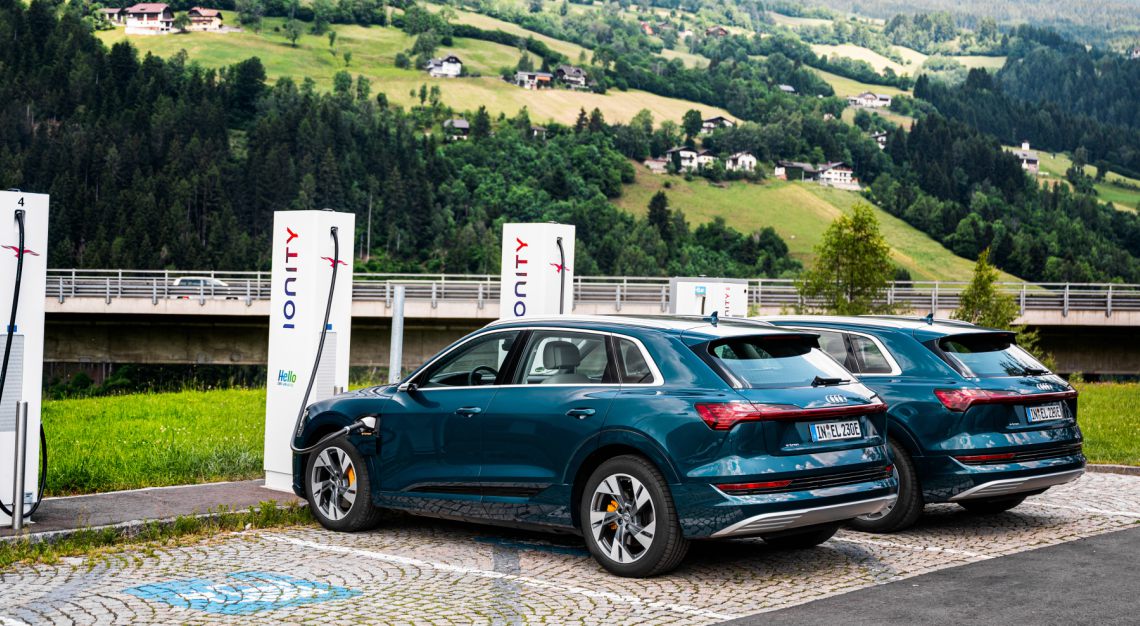
If all these could be developed so quickly in just a few months, why wasn’t it done sooner?
I think a situation like that is always a catalyst for development. But people are still used to the old and they may not fully embrace these new formats. But in a situation like this, there are two factors that come together. The first is we have more time to work on these new formats and can speed up the development. Then there are much more recipients who will take up these new formats, so you can get quick feedback and make changes.
The car industry is a very old industry used to working with very long product life cycles, of six to eight years, so there’s a lot of long-term investment and planning. I think what we all need to learn, is that the car industry as a whole, we have to take a new approach, more like a startup, to try out new things. I think it’s a learning process for everybody, but I think it’s also something that will be crucial for the success of our company in the future.
What sort of cars are people looking at in your online showroom? Smaller cars, since I assume it’s the younger buyers?
That’s the interesting thing. It was our assumption that it would be more ‘younger’, smaller models. But actually, what we’ve seen is that people order models from across the lineup. The Q3, which was already in very high demand before the Circuit Breaker and also the A4.
There’s not much of a difference between the physical and online sales. I think the online channel is something embraced by most of our customers, and it’s not just something for millennials or super young people.
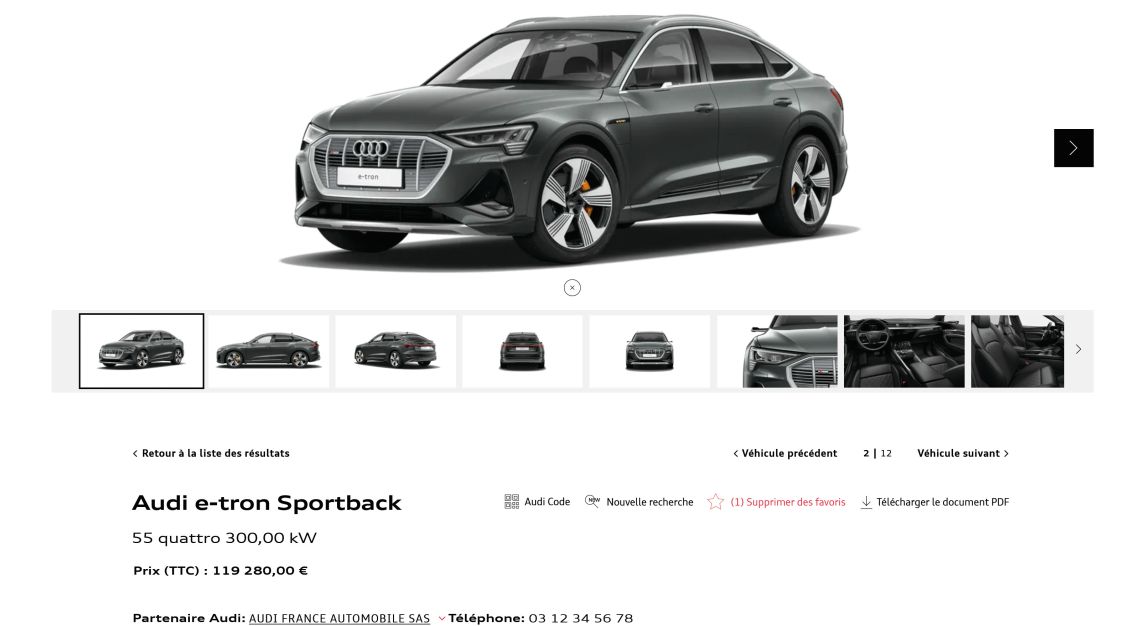
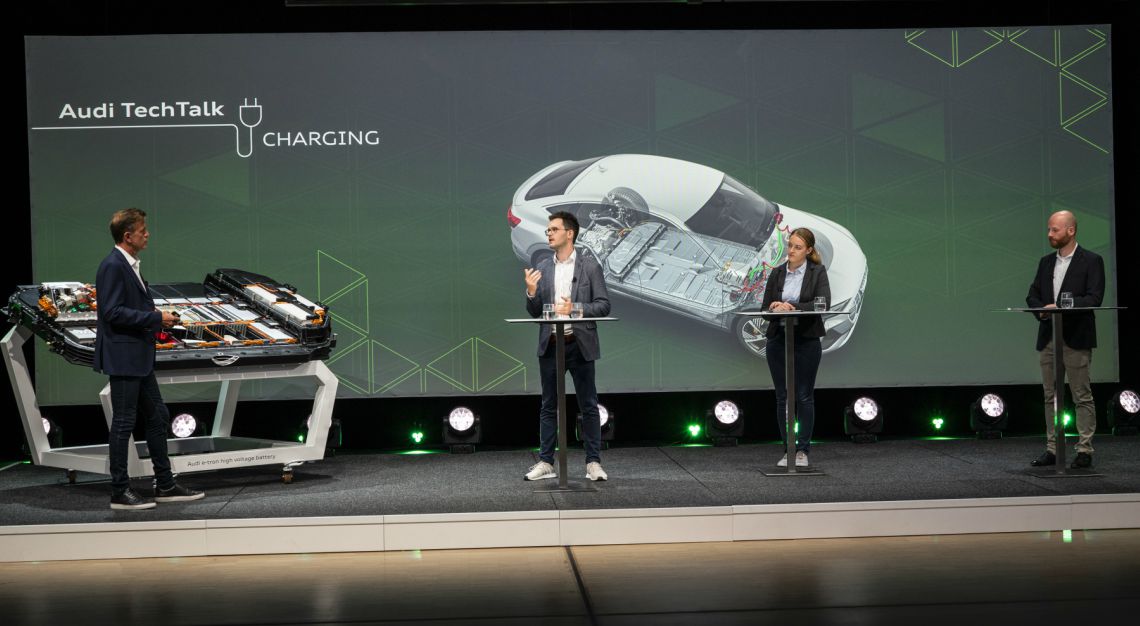
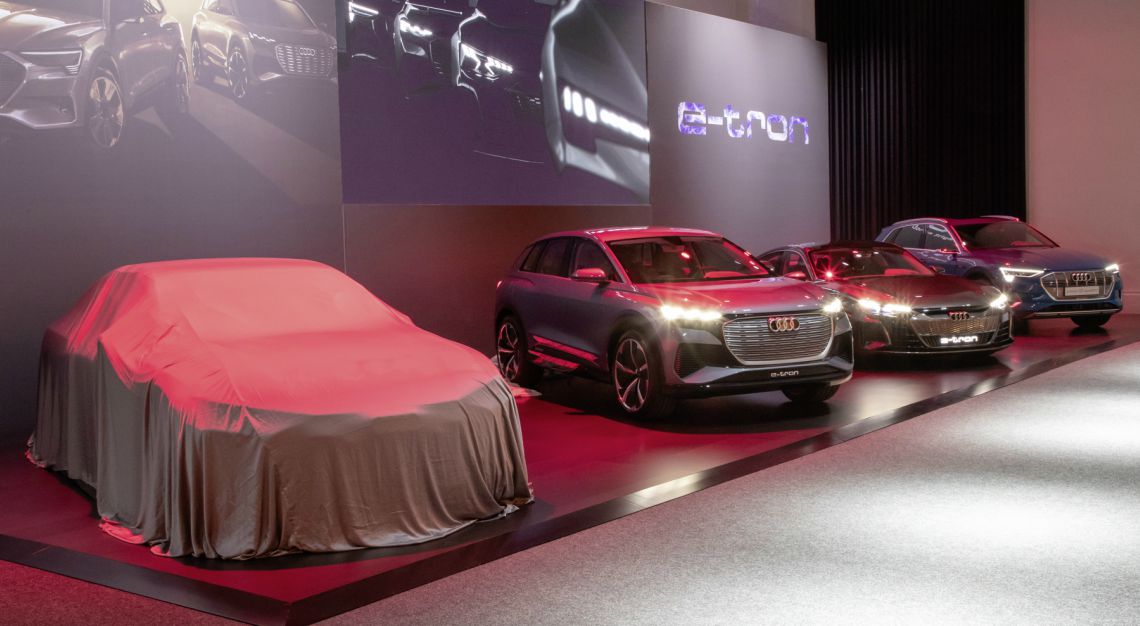
But can you see the online showroom being useful for high-end models like the RS lineup, or the R8 or A8?
If it’s done right, then there’s scope for those models, I wouldn’t rule that out. Obviously, if you buy an R8, RS model or A8, those customers have a higher demands for individualising their cars. But, I talked about the video chat function before, so we believe that even online, you can offer a buying experience that comes very, very close to an in-person experience at the showroom.
Since test drives at the showroom can’t happen, have you been seeing people use Audi on Demand (short-term leasing) as a substitute?
We’ve already been seeing this happening, even before this. Especially in Singapore, buying a car is a very big decision, it’s an investment. We have had people who use Audi on Demand to do extended test drives. They take a car for a weekend, or a week to really experience it, play with all the features and then see if they really want to buy.
If we look at the customer structure of Audi on Demand, you have customers who previously owned a car and now don’t want to own a car anymore. They want to be more flexible and are using Audi on Demand for that. But we’ve also had lots of customers who don’t previously have a car and come to the brand through Audi on Demand.
What’s the biggest takeaway from this pandemic?
What we’ve probably all learned in these times is that you need to have a very sound foundation for your business. In situations like this, you need to come from a position of strength, where you can still react quickly and flexibly. In the wider car industry, there will probably also be some rethinking of supply chains. What we have at the moment is super efficient, because it’s all made-to-order and you have everything just-in-time, but those supply chains are very vulnerable.
I think the whole car industry is going to have to work on optimising them in a way that is both efficient and flexible. What I’ve learned is how successfully you can work with your employees if you trust them and give them the freedom to do things. In a situation like this, you can’t control everything. You’re sitting at home and you have only video and telephone connections. What I’ve seen in these weeks is that our people, they’re super motivated, because they love their jobs. And if you give them this trust, this is something that they pay back to the company. It’s fun to see everything running so well, even if we don’t see each other every day.




